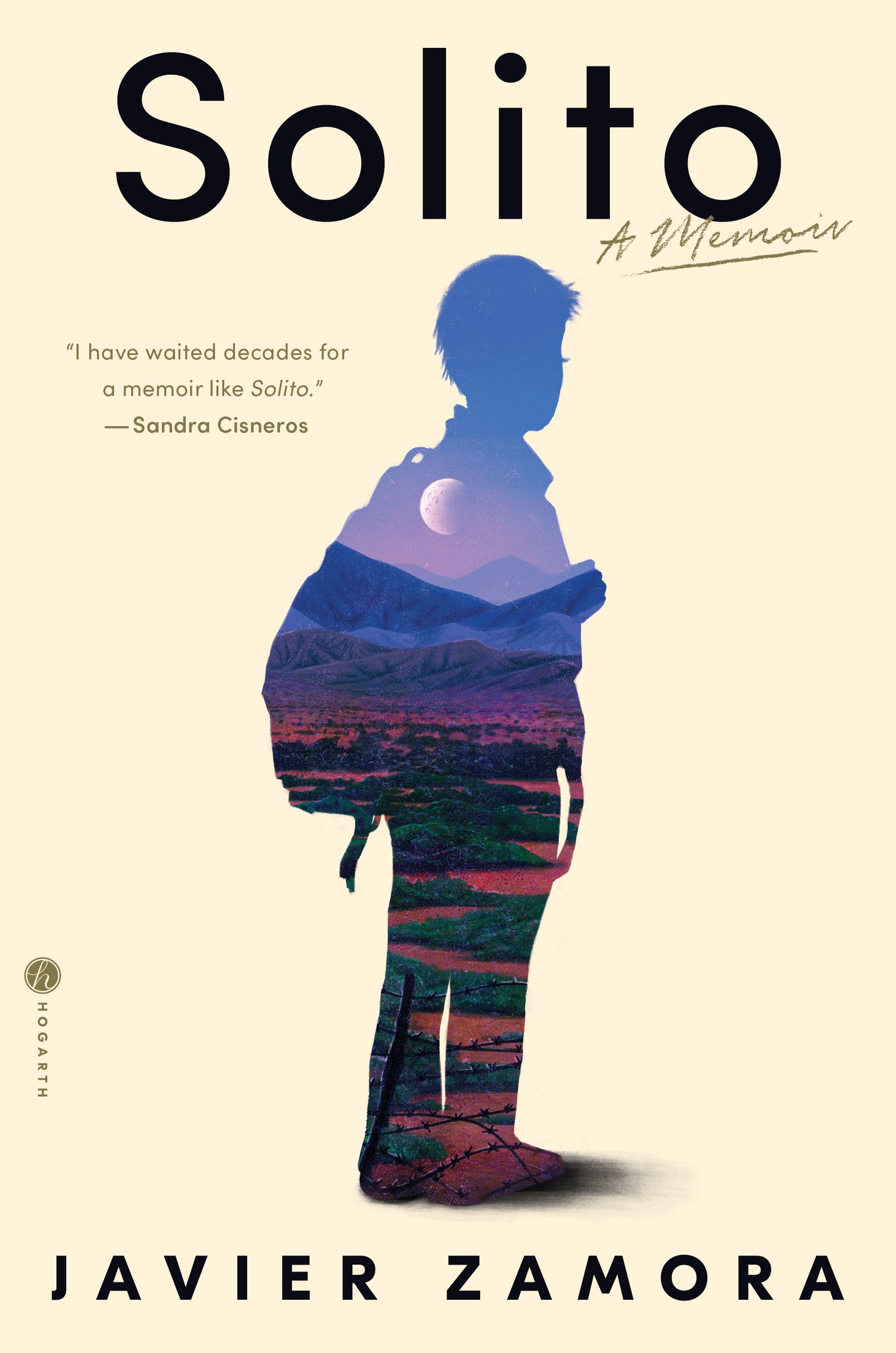In 1999, when Javier Zamora was 9 years old, he left El Salvador in the care of Don Dago, who was his coyote, paid to shuttle him thousands of miles and across the border to the United States. El Salvador was not yet recovered from the ravages of the Salvadoran Civil War, a 12-year conflict that left a river of human right atrocities (an estimated 85% of which were committed by the U.S.-backed Salvadoran government against the insurgents) in its wake. With violence, danger, and few opportunities, Javier’s father migrated right after Javier was born. His mother migrated when he was four, leaving him with his grandparents. And finally, after his parents had saved up enough money to pay the coyotes to shepherd Javier, he began the journey himself.
Of course, nothing goes as planned and I found I was constantly reassuring myself that everything must have turned out okay in the end. I mean, I was reading the memoir he wrote, so it must have. But from harrowing ocean crossings to being thrown into the dirt at gun point to heat exhaustion, Javier recounts the traumas that caused him to, understandably, be unable to speak about his experiences for years.
When my children were nine, they were playing Minecraft and building Legos. As a mother, it’s hard to imagine a 9-year-old enduring the experiences that Javier did; but as we know, children everywhere endure what they shouldn’t have to.
Despite the terror and the isolation as defined in its title, Solito is a story of family. Not so much the family that Javier is desperate to reach in the U.S., but the one he finds along the way. His temporary family of substitute mother, father, and sister, who provide safety, comfort, companionship, and humor along the way. Zamora’s descriptions of his interactions with his temporary family are told with tenderness, humor, and sharp insight.
Zamora is known for his poetry and his grasp of language is clear in this storytelling. He shares not only danger and desperation with us, but the beauty. From the slow slivers of change in the moon each night to the color of the lipstick his temporary mom wears to the sparkle of the desert dirt at night, we experience the awe and wonder of a boy learning to see and love a wider world around him.

